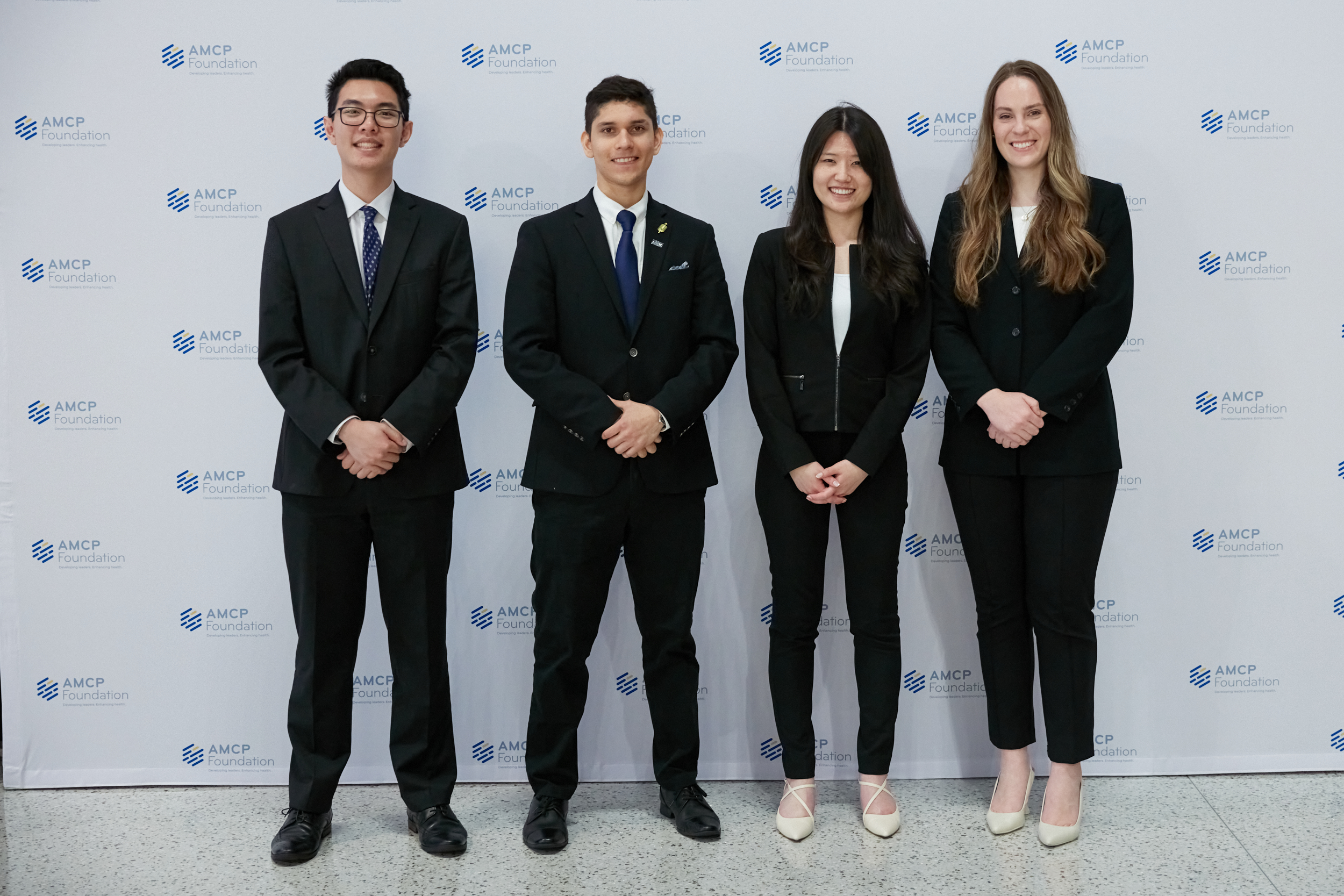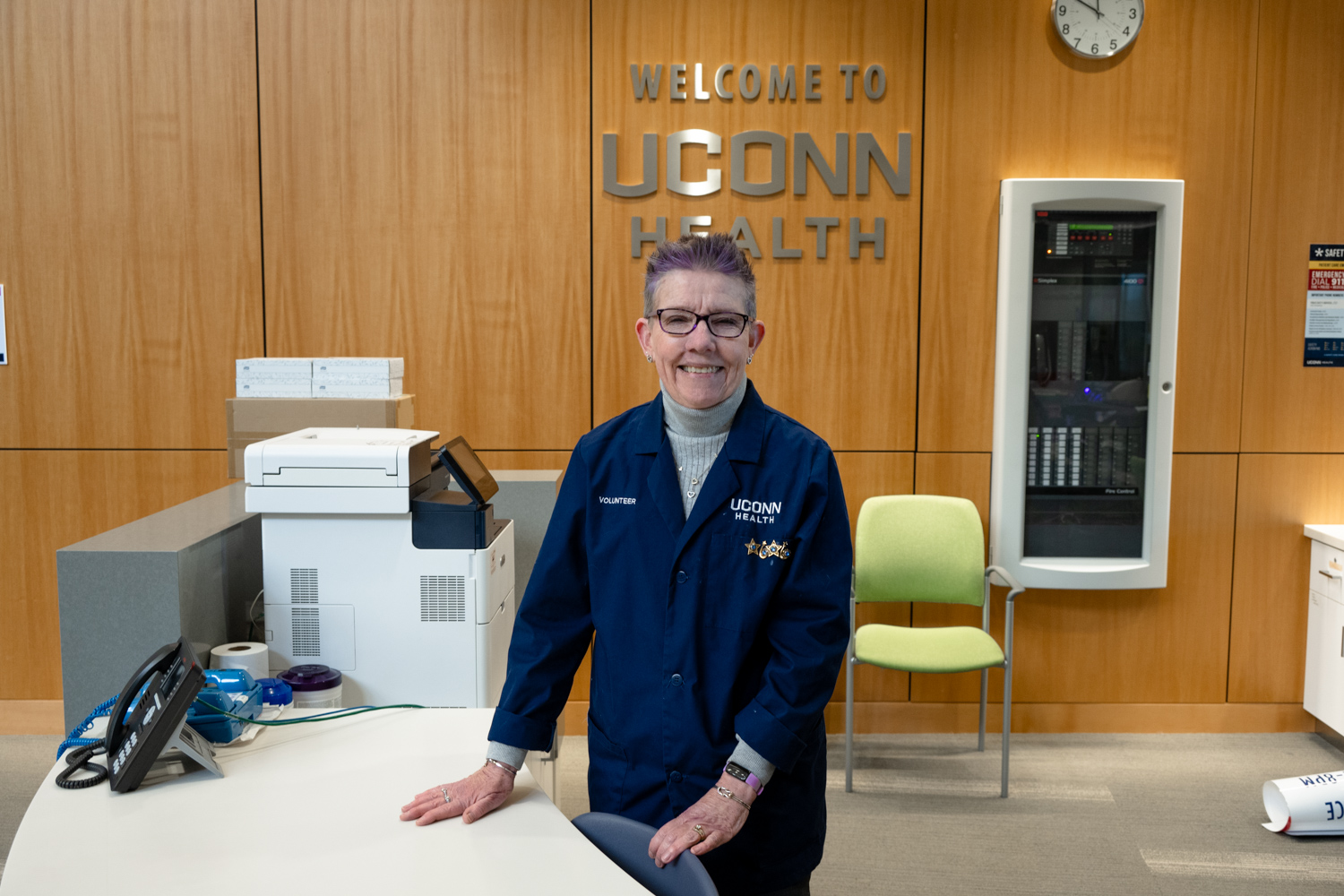By Kat J. McAlpine
Dr. Bryan Hirschorn credits UConn’s challenging curriculum and focus on critical thinking as laying the foundation for his success in the field of research and development. Dr. Hirschorn, a chemical engineer who graduated from UConn in 2003 with his bachelor’s degree, is developing the next generation of rechargeable battery technology in his current line of work. “Energy storage devices, such as rechargeable batteries, are a critical technology necessary for transitioning our economy away from fossil fuels,” explains Dr. Hirschorn, displaying enthusiasm for his research.
Early on, Dr. Hirschorn had his sights set on a career in science due in large part to the impact of Kevin McLaughlin, his chemistry and physics teacher at E.O. Smith High School in Mansfield, CT. Mr. McLaughlin, who later joined the School of Engineering as the Director of the Engineering Diversity Program, placed emphasis on inspiring interest in his students. “His teaching methods followed a college-style approach even though we were still in high school; he focused on the process of learning rather than getting ‘correct answers’ on tests.” For Dr. Hirschorn, Mr. McLaughlin’s class sparked his lasting interest in science, “I began to believe that science – like no other discipline – offered the best and most interesting approach to unraveling the mysteries of the world around us. From that point forward, a career in science became inevitable for me.”
Upon entering UConn as a freshman, Dr. Hirschorn naturally gravitated toward a major in chemical engineering. “It matched very well with my own personal interests; chemical engineering offered a comprehensive curriculum in terms of pure sciences: physics, chemistry, mathematics, etc. Although I had initially been interested in the field of physics, I began to feel that engineering offered the best way to utilize science as a tool for the betterment of society.” Chemical engineering is something he recalls as “a challenging and time-consuming concentration.” His education tested his analytical abilities, his understanding of fundamentals and his problem solving skills. “Grading in many majors is focused on getting the right answer, but engineering’s objective was to teach us how to think critically – the exam-taking experience as a whole was very important to my development.”
Nonetheless, Dr. Hirschorn also has gratifying memories of his college experiences outside of the rigorous coursework. “I managed to develop a schedule where Monday through Friday I spent most of my time doing classwork; however, on the weekend I tried not to do any work at all. I played intramural basketball and flag football and went out with friends.” He adds with a chuckle that while he did not have the time to play 20 hours per week of video games like some of his dorm-mates, his self-prescribed schedule helped him to manage his time, perform well in classes, and also have time to relax and enjoy the social aspects of college. The friends he made outside of his classes remain in his life to this day and were there to help celebrate his wedding a few years ago.
The four years of hard work and self-discipline paid off when, after receiving his B.S., Dr. Hirschorn landed a job as a research and development engineer with Saint-Gobain. Working for the company branch located in Northboro, MA, he developed the next generation of wear-resistant polymeric materials for micro-electric and automotive industries. “My work and collaboration with other researchers culminated in a new product and a patent.” He describes his three years of employment at Saint-Gobain as “a wonderful experience” which only ended when he decided to further his education.
In 2006, Dr. Hirschorn joined the University of Florida’s chemical engineering department to pursue his doctorate. Citing his personal interests in future energy applications, “I joined the electrochemistry group under the guidance of Professor Mark Orazen, whose work included research in fuel cells, batteries, corrosion and impedance spectroscopy. Specifically, I developed physical mechanisms to account for the electrochemical response of oxide films on electrode surfaces.” His research resulted in five publications in several journals, including Electrochimica Acta, Journal of the Electrochemical Society and Israel Journal of Chemistry, and concluded in August of this year when he was awarded his Ph.D.
Dr. Hirschorn was hired this past September by BST Systems in Plainfield, CT, where he is continuing to follow what he considers his true calling in research. “I would say that my biggest personal achievement has been the publications featuring my scientific work. I am proud of the contributions that I have made to the scientific community.” He looks back on his education at UConn and remarks that the undergraduate engineering program was “instrumental in laying the groundwork necessary for me to be successful in both graduate school and in my career.”
Dr. Hirschorn’s altruistic nature, which originally pushed him to pursue a degree in engineering, is reflected when he is asked where he sees himself in 5 to 10 years. “I hope, regardless of where my career may lead, that my contributions will have an impact in developing an energy independent America.”



